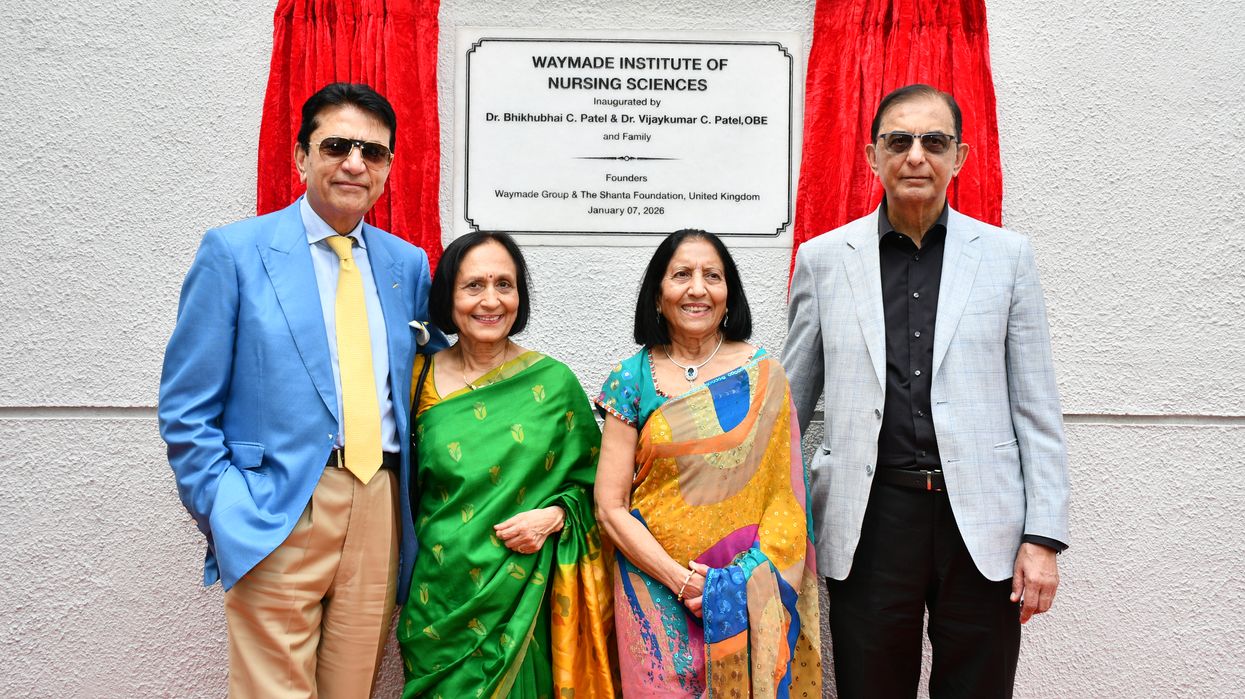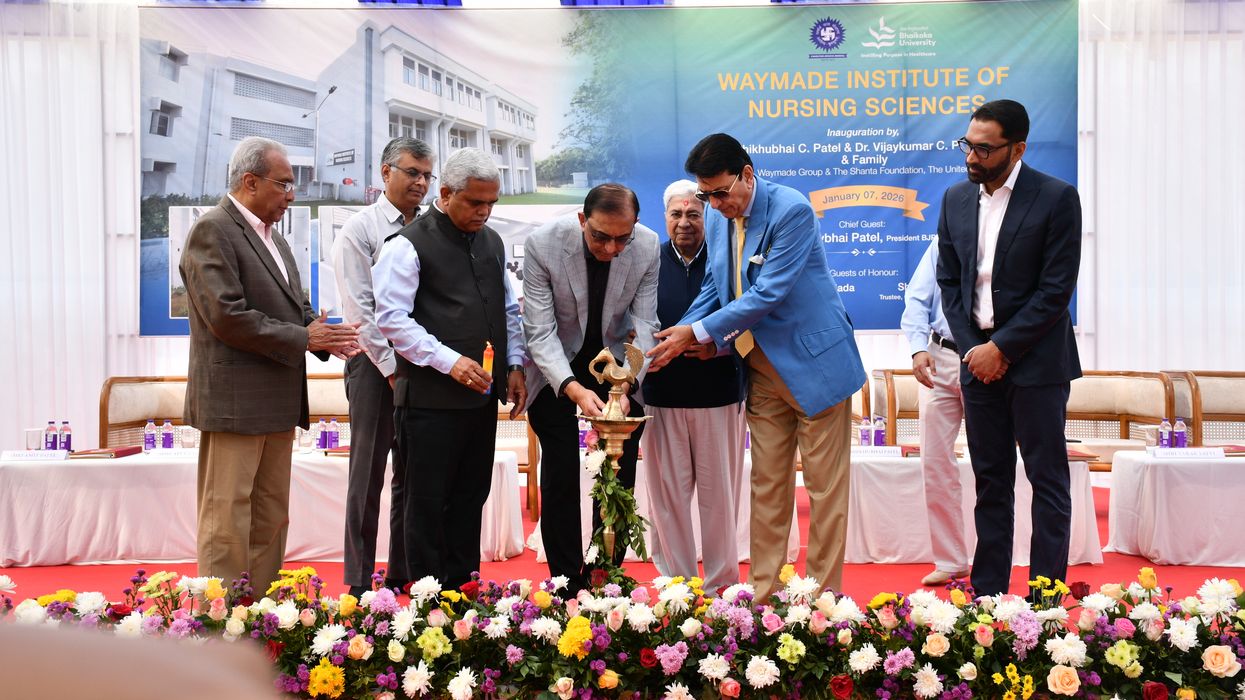BRITISH PAKISTANI playwright and novelist, Hanif Kureishi, has said that racism was more overt in the past in the UK than it is today.
"The racism was definitely more overt than it is today, but there was still a terrific sense of optimism - in fact, it was the last age where people were hopeful of the future," Kureishi, 69, told the BBC while reflecting on his childhood.
The acclaimed novelist and screenwriter added that growing up in the 1970s was all about hope and optimism.
His feelings were well-documented in his semi-autobiographical novel, The Buddha of Suburbia, which was adapted for the stage after three decades of its publication.
The novel is set in the 1970s and tells the story of 17-year-old Karim who, against the backdrop of the winter of discontent, is desperate to escape the suburbs and immerse himself in the exciting opportunities that London presents.
"There was a sense that you could do anything or be anyone," Kureishi, who was born in Kent and read philosophy at King’s College, London, said.
He was first shot to fame in 1985, when his screenplay My Beautiful Laundrette - about the relationship between a British Pakistani boy and his white boyfriend - was nominated for both a Bafta and an Oscar.
Reflecting on the disparity between his own upbringing and that of his children, he expresses sorrow over the perceived lack of hope among today's youth.
"Hope isn't an empty dream - it means there is a possibility in the world that what you want can happen, and my kids don't think they will ever be able to buy a house or find lucrative work," he was quoted as saying.
Theatre director Emma Rice said that people's desperation for hope prompted her to bring The Buddha of Suburbia to the stage.
"Our show gives people that hope. It shows them that we can all live together and be happy," Rice was quoted as saying.
The stage adaptation of the book is a collaborative effort between the Royal Shakespeare Company and Wise Children, and is set to run for six weeks in Stratford-upon-Avon.
The project is special for Kureishi because he experienced life-changing injuries when he collapsed and hit his head on December 26, 2022. Since then, he hasn't been able to use his arms and legs, and he's been treated in five hospitals. This is his first major project since the accident.
He and Rice have been working together on the stage production for a number of months.
"I'm happy for her to take my book and do with it what she wants. "But I have warned her not to mess it up!"," Kureishi, who was awarded the CBE in 2008 for his contributions to literature and drama, said.
"The suffering is absolutely immense and it never ends, but there have been some advantages of this trauma."
He, however, said that the greatest benefit of his fall is a deeper connection with his sons.
Kureishi, currently working on a book detailing his fall and its consequences, admits he never imagined collaborating on writing, but circumstances have compelled him to adjust.







 The Patel family during the event
The Patel family during the event








